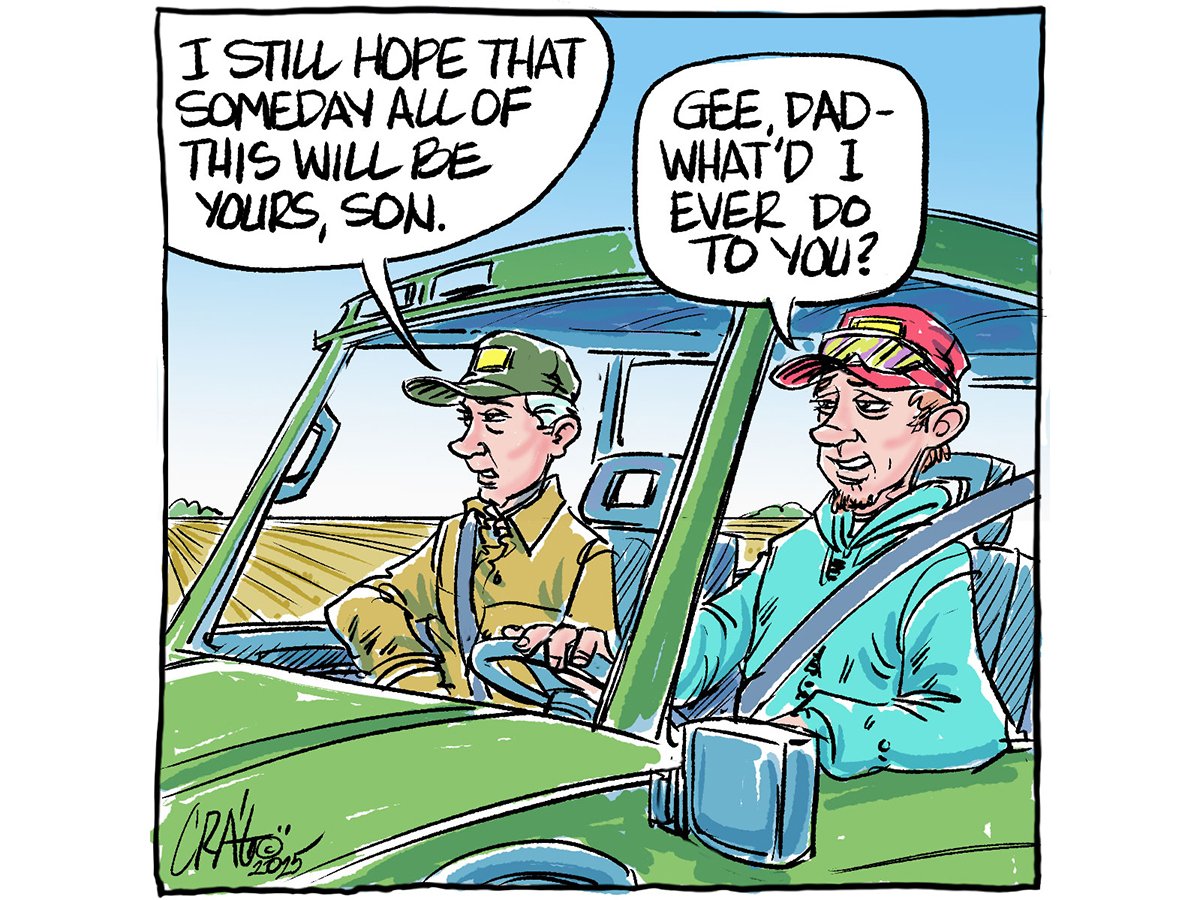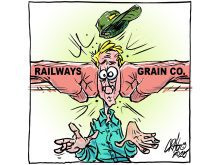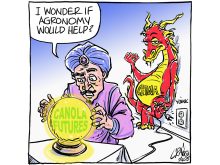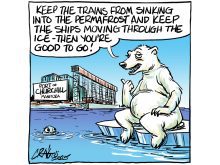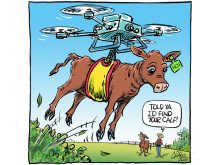The price of farmland may not be the only economic measure in agriculture, but it certainly attracts a lot of attention.
Financial institutions such as Farm Credit Canada regularly release reports documenting the ups and downs of farmland values, and the perennial debate over whether it’s better to rent or own eventually finds its way back to land prices.
While higher farmland values are seen by most as a positive sign for the industry, others worry about their impact on new farmers’ ability to enter the business.
Read Also

Invigor Gold variety viewed as threat to condiment mustard
Invigor Gold, the canola-quality mustard developed by BASF, is on a collision course with Canada’s condiment mustard industry. It’s difficult to see how the two can co-exist.
And running through all of this is an undercurrent of suspicion as to what or who is really driving up the cost of farmland. Theories on coffee row abound.
As a result, it should come as no surprise that controversy can erupt when opinions about farmland enter the public sphere, as we have seen recently in this newspaper.
The debate kicked off when a grain marketing analyst who spends his working days analyzing technical charts to figure out where grain prices are headed decided to do the same thing with farmland values.
His conclusion was sobering — a price correction is coming and farmers should use extreme caution if considering buying farmland. He even cautioned those who have been thinking about getting out of farming — now might be the time to sell, he said.
The response to this story came quickly.
A letter to the editor writer pointed out that the investment environment for farmland is very different from what it once was.
Smaller farms unable to weather past economic storms previously flooded the market with farmland, she wrote, while the supply of land coming onto the market today will diminish as it is swallowed up over time by large stable investors.
Another email writer called the article fear-mongering and said it could “have devastating mental health consequences, particularly for young farmers who have recently taken on debt to secure land.”
There were reports of retired landowners panicking about the future of their asset.
A month later, Robert Andjelic, Canada’s largest owner of farmland, waded into the debate with a stern rebuttal of any notion that farmland values are ready to crash.
He said technical analysis — where market watchers use trends, patterns and mathematical models to predict future price movements — doesn’t apply to agricultural land.
“The Elliott Wave (analysis) was never meant for hard assets like gold or farmland,” he said.
A week later, the debate went in a new direction when Yves Millette, chief executive officer of Farm Business Consultants, said investors are driving up farmland values across Canada and preventing young farmers from gaining a foothold in the business.
“Ultimately, what we see is potential decline in rural viability,” he said.
It’s hard to know what to make of all this, but one thing is for certain — the barriers for young farmers to get into the business have never been greater.
The path into many other professions is far easier than that into farming.
And this is a shame.
The industry needs bright, young minds to continue to thrive.
We certainly don’t want to take the route seen in other countries where the industry is divided into two camps — large operators and hired hands.
It’s important for people who own the land to be on the land.
The reality, however, is that rising farmland values make this goal increasingly difficult, no matter the cause.
Karen Briere, Bruce Dyck, Robin Booker, Paul Yanko and Laura Rance collaborate in the writing of Western Producer editorials.

